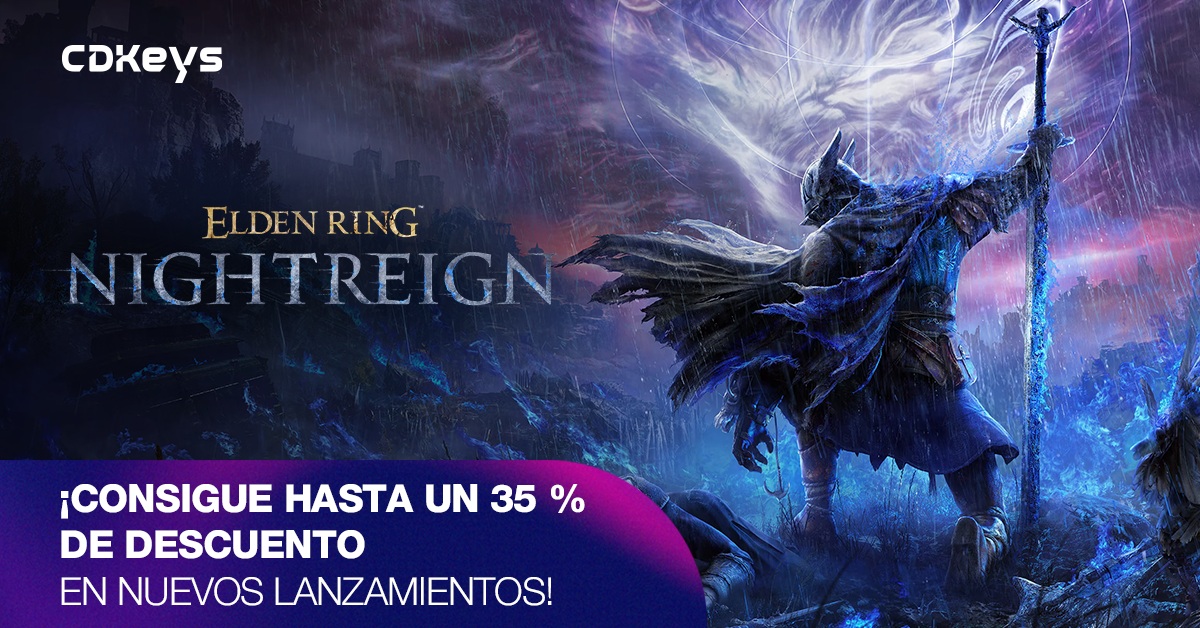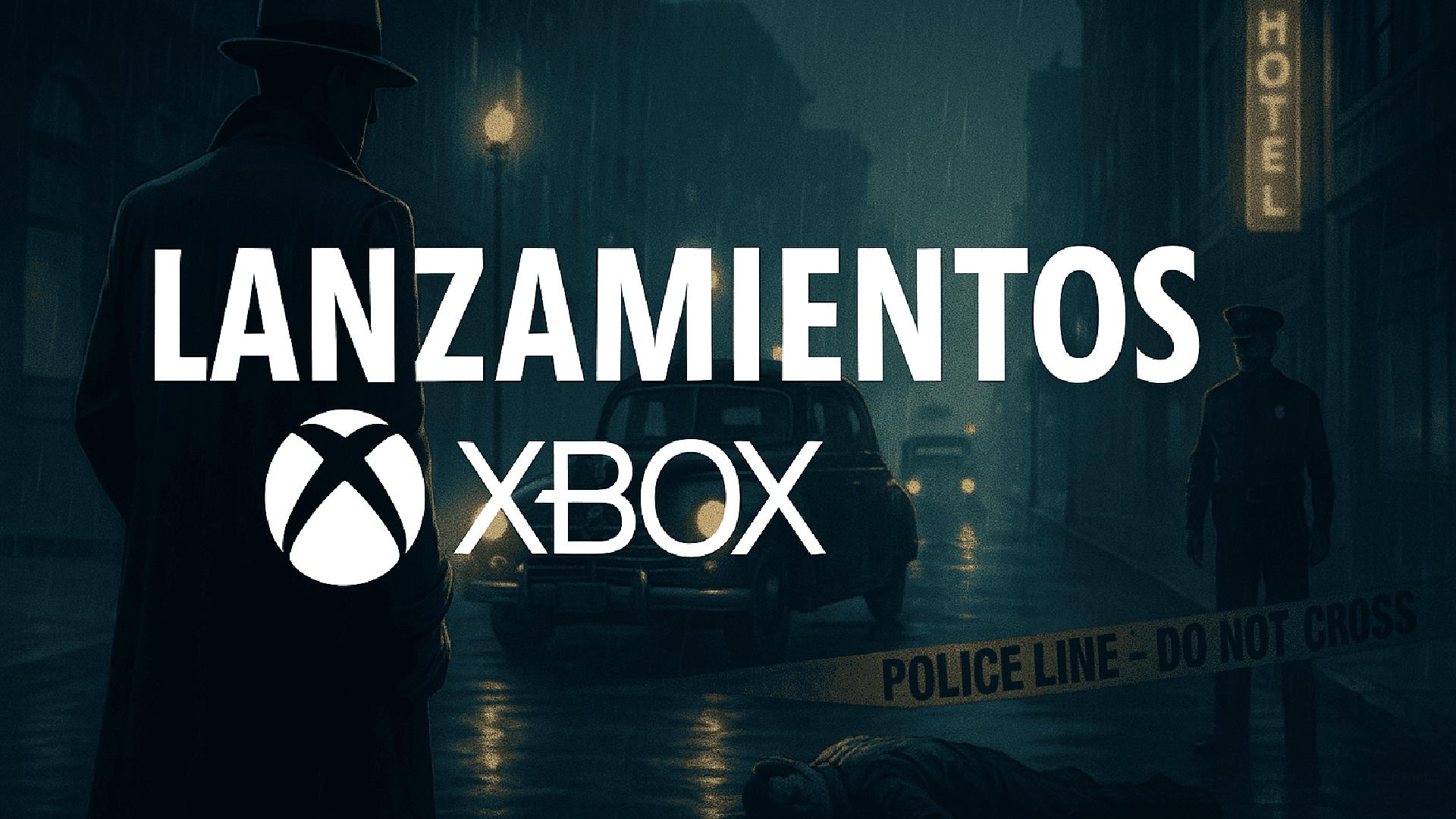The data tells us that the trend of playing alone continues to grow. And you? Are you more into multiplayer games or single-player ones?
More stories in the category News
- Borderlands 4 promises to be the most intense installment of the franchise
- Let’s talk about monopolies: Sony faces a class-action lawsuit for abuse of dominant power
- We close the week with 8 new games for Xbox: all the releases of Friday, June 27
| Don't miss anything and follow us on Google News! |
Multiplayer games seem to have invaded consoles. Connectivity possibilities have been present for several years, and this mode has become very popular thanks to many game streaming channels.
However, according to a report published by the consulting firm MIDiA Research, there is a reality that challenges the dominant narrative of the industry: most players still prefer single-player experiences. According to the study, 53% of gamers (including myself) opt to play solo, moving away from PvP or cooperative online proposals that have taken over the industry’s resources in recent years.
This trend, far from being anecdotal, is supported by data collected in diverse markets such as the United States, the United Kingdom, Germany, Brazil, and Turkey. While the preference for multiplayer is more pronounced among those under 25, the bulk of the market (especially among adult players) continues to lean towards single-player adventures. The report highlights that, despite the economic benefits generated by the online model, market saturation and recent failures of several multiplayer titles have prompted studios to rethink their strategy.
The appeal of great narrative adventures
One of the pillars of single-player success on Xbox is the strength of its narrative adventures. Games like “Starfield” and “Hellblade II: Senua’s Saga” have demonstrated that immersion, careful narrative, and freedom of exploration are highly valued by players. These proposals allow players to delve into complex worlds, make decisions that affect the story’s development and experience tailored experiences, something difficult to replicate in massive multiplayer environments.
The bet on deep stories and memorable characters has resulted in million-dollar sales and a loyal community of followers. The success of these adventures confirms that, beyond the online gaming trend, players seek experiences they can enjoy at their own pace and without external distractions.
Action and RPG: the heart of single-player on Xbox
The action genre and RPGs have historically been the driving force behind single-player games on consoles. On Xbox, franchises like Avowed, Elden Ring, or Cyberpunk 2077 have raised the bar with proposals that combine challenging combat, open worlds, and complex progression systems. These titles not only offer dozens of hours of content but also reward exploration and experimentation, allowing each player to forge their own path.
The depth of gameplay systems and the possibility of customizing the experience are key factors that explain the lasting appeal of single-player titles. In contrast to the immediacy and social pressure of multiplayer, these games offer a more reflective and rewarding experience, where progress depends exclusively on the user’s skill and decisions.
The economic challenges of the single-player model
However, the rise of single-player games is not without challenges. The MIDiA Research report notes that the production costs of AAA single-player games have skyrocketed, reaching astronomical figures that put the traditional model’s profitability at risk. Despite this, recent failures of multiplayer projects have shown that economic risk is not exclusive to single-player games; maintaining a game-as-a-service requires continuous investments and a loyal user base that is not always easy to achieve.
In this context, some studios have opted to develop more contained single-player experiences, betting on quality and innovation rather than excessive scale. This strategy has allowed independent titles and medium-budget games to stand out in the Xbox catalog.
As we can see, the gaming industry is willing to provide players with content for those seeking immersive adventures. The balance between technological innovation and respect for classic formulas will be key to maintaining the relevance of single-player games in an increasingly competitive market. Meanwhile, players’ preference for enjoying games at their own pace continues to shape the direction of an industry that, despite trends, does not forget its roots.







